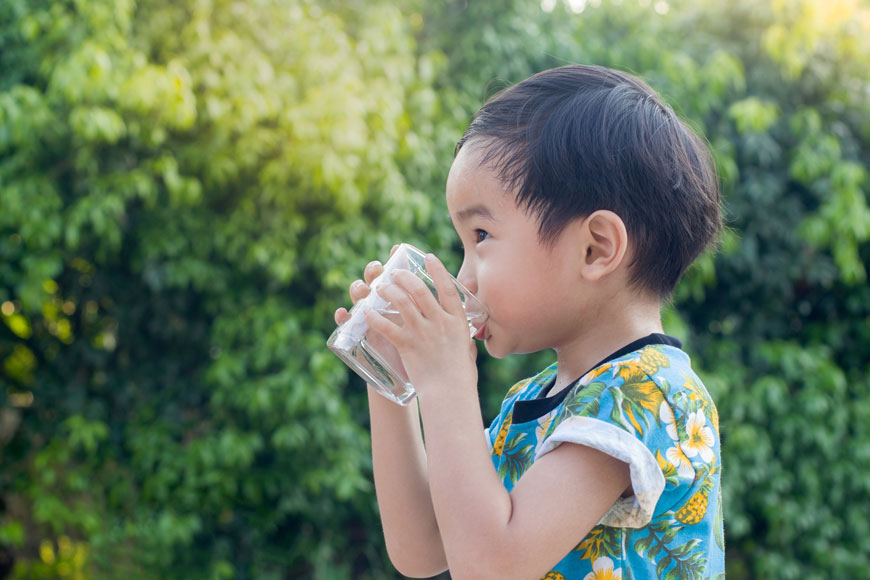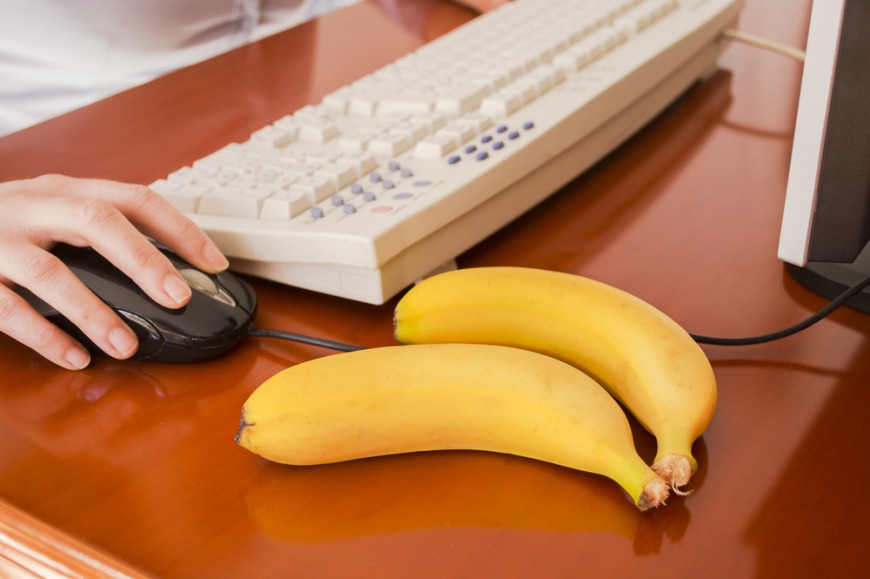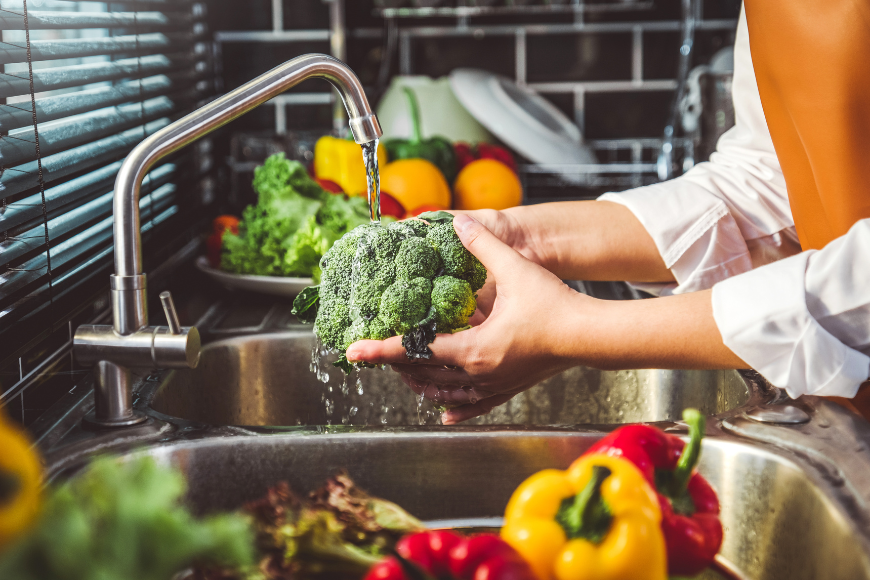Taxes are implemented on soft drinks, tobacco & energy drinks as well as other general taxes being added. Here's all the info.
4 January 2017
| Last updated on 6 September 2017
UPDATE:
According to the Saudi Gazette, the Saudi General Authority of Zakat and Tax confirmed that the Kingdom will start implementing selective taxes as of June 10, 2017. This means there will be a 100 per cent tax on cigarettes and energy drinks as well as 50 per cent tax on soft drinks.
Affected by low oil revenues, Saudi Arabia’s budget deficit increased to 297 billion riyals (Around US$79.2 billion) this year. For the first time in history, the Kingdom had to resort to borrowing money from international investors, about US$17.5 billion.
As a result, the Saudi government started to cut energy subsidies and wages for officials. In the beginning of 2016, they hiked the gas prices by 50 per cent and in September, they announced that government ministers will take a 20% pay cut, while members of the Shura council will take a 15% cut. This was in addition to perks, such as phone bills, government cars and bonuses, being slashed.
However, this wasn’t nearly enough and more drastic measures are needed. Here are some of the steps the government is planning on taking in the upcoming years.
SEE ALSO: First Comic Con Convention Announced in Saudi Arabia
Taxing soft drinks
A 50 per cent tax on soft drinks will be implemented in the second quarter of 2017. The government’s Fiscal Balance Program 2020 Report stated that this would help fight the high rate of obesity and diabetes in the country, especially in children.
Taxing tobacco and energy drinks
A 100 per cent tax on tobacco and its by-products as well as energy beverages will be implemented in the second quarter of 2017 as well. This aims to bring down the number of smokers in the country. With 14 per cent of teenagers and seven per cent of women in the Kingdom being smokers, the country has one of the world’s highest numbers of smokers. In the same context, energy drinks are deemed to pose a health risk.

Increasing tax levy
A new levy on expat workers and their dependents will be introduced in the third quarter of 2017. Currently, if expat employees are more than Saudi employees, the company pays a levy of SR200 per month per expat. This will rise incrementally every year till it reaches SR800 per month in 2020. There will also be a new fee on expat workers’ dependents starting in July.
This follows an increase in the cost of Visitor Visas.
SEE ALSO: 8 things you experience after leaving Saudi Arabia
Creating a general VAT
The Kingdom will be introducing a five per cent value-added tax (VAT) in the first quarter of 2018. There will be exemptions from this, including medical, cultural and educational goods and services, financial and insurance services, daily necessities and about 94 food items, such as milk and bread.
There are no plans to start imposing corporate or income taxes in KSA.


















































































































